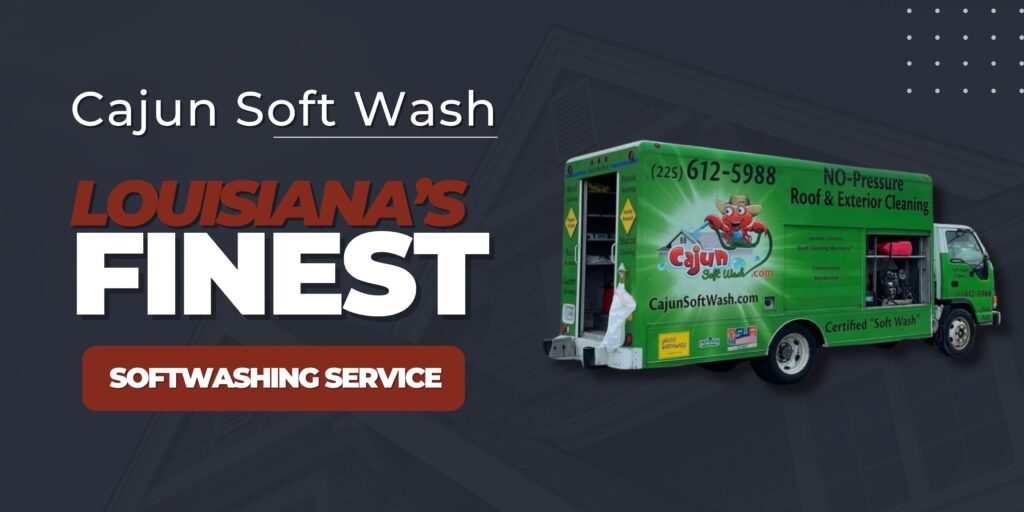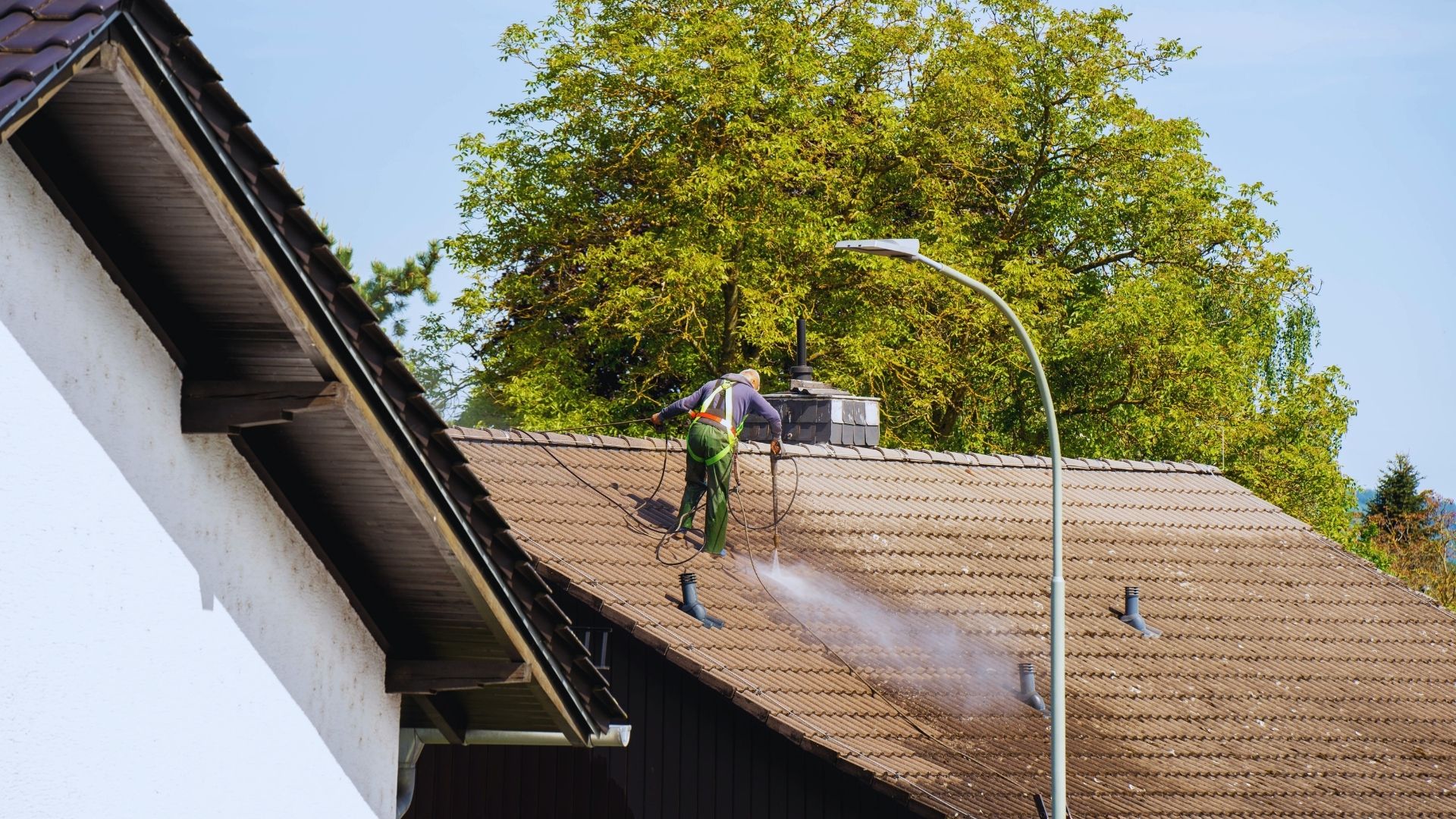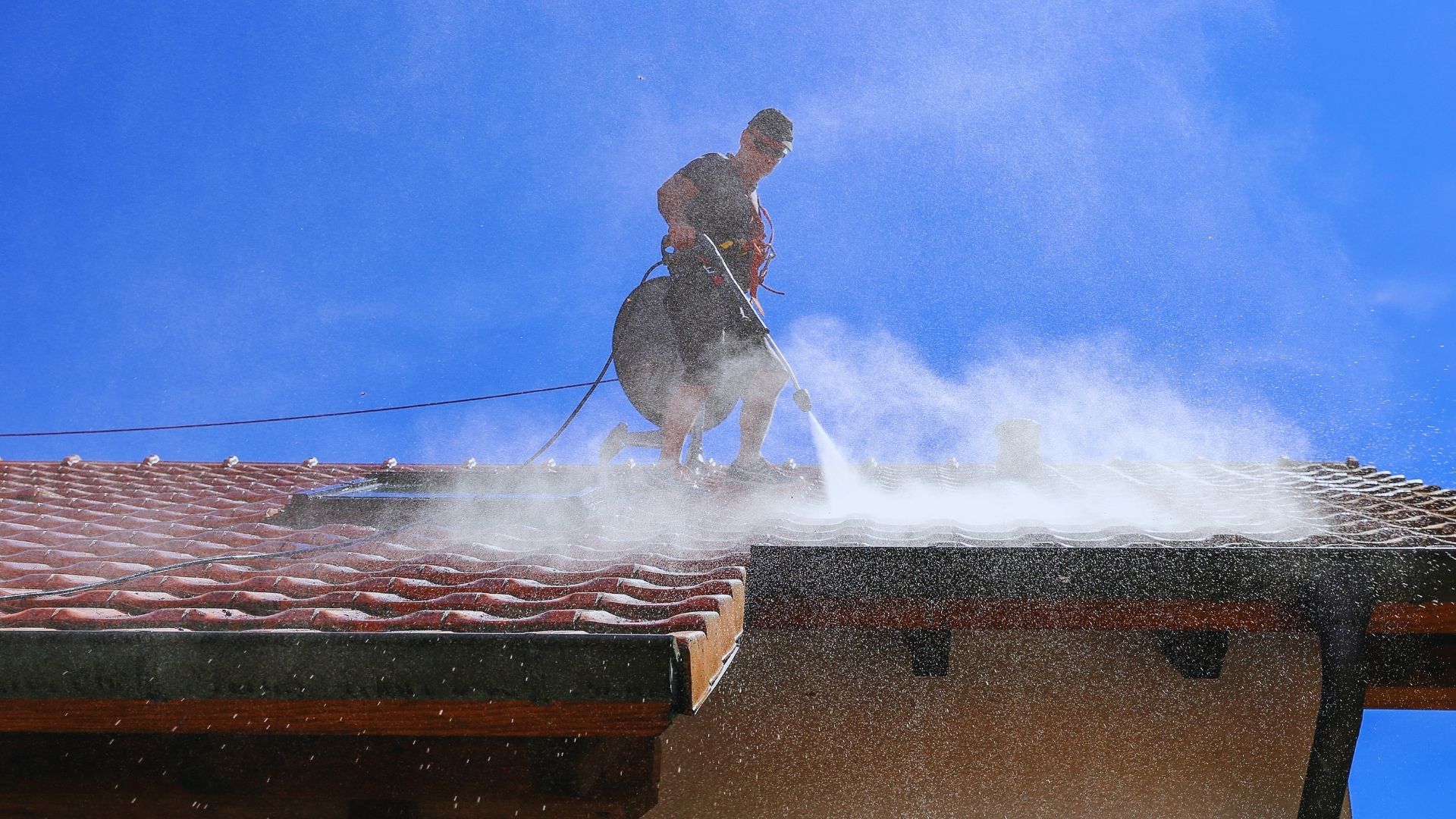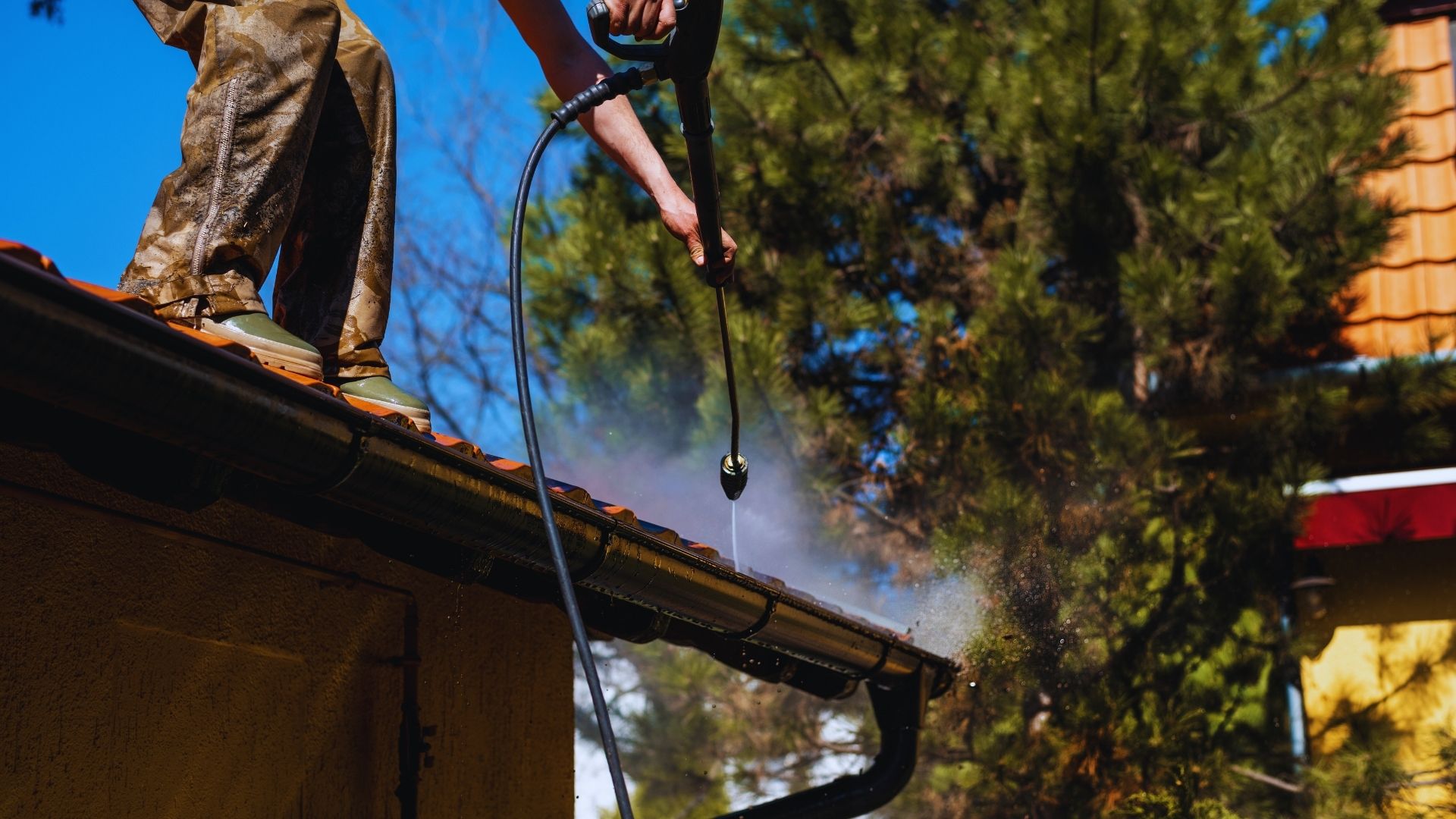So you’ve got a pergola. It’s a great choice when it’s clean; it’s probably the best part of your backyard. But pergola cleaning becomes a real thing once Mother Nature starts doing her thing. We’re talking about the green stuff growing in corners, the bird situation, and whatever that brown stain is that definitely wasn’t there last month.
Most people figure they’ll just hose it down when it gets bad enough. Wrong move. By then, you’re looking at serious problems that could’ve been avoided with some basic upkeep. And trust us, replacing a pergola because you let it rot isn’t exactly a fun conversation to have with your spouse about the budget.
The difference between a pergola that lasts 20 years and one that needs major work in 5 years usually comes down to whether someone bothered to clean it regularly.
Your Pergola Material Matters for Cleaning
Wood pergolas are beautiful, but they’re basically asking for trouble if you ignore them. Cedar and redwood handle weather better than other woods, but they still need attention.
Pressure-treated lumber is tougher, but it’s not bulletproof. Vinyl and composite pergolas seem like they’d be bulletproof, but not exactly. They’re definitely easier to maintain, but they still collect grime and can develop stains that become permanent if you wait too long to address them.
Metal pergolas have their own issues. Aluminum holds up well, but can look terrible with buildup. Steel pergolas can rust if you’re not careful about maintenance, especially if you live anywhere near the coast.
The biggest mistake we see is people treating all pergola materials the same way. What works great for vinyl might damage wood, and what’s perfect for steel could be overkill for aluminum.
What You Need for Pergola Cleaning
Forget the fancy equipment catalogs for now. Here’s what actually works:
| What You Need | Why It Works | How Often |
| Soft brush (not wire!) | Scrubs without gouging | Every time you clean |
| Regular garden hose | Rinses debris without damage | Every cleaning |
| Basic dish soap | Cuts through most grime | Monthly touch-ups |
| Wood cleaner (for wood only) | Handles deeper stains safely | Few times per year |
| Pressure washer on low | For stubborn buildup | Only when needed |
You don’t need to spend hundreds on specialized equipment unless you’ve got multiple pergolas or you’re planning to start a side business. Good old soap and water handle most situations just fine.
The pressure washer thing deserves a warning, though. We’ve seen people blast their pergola with high pressure, thinking they’re being thorough, then wonder why their wood looks fuzzy or their paint is peeling. Low pressure only, and test a hidden spot first.
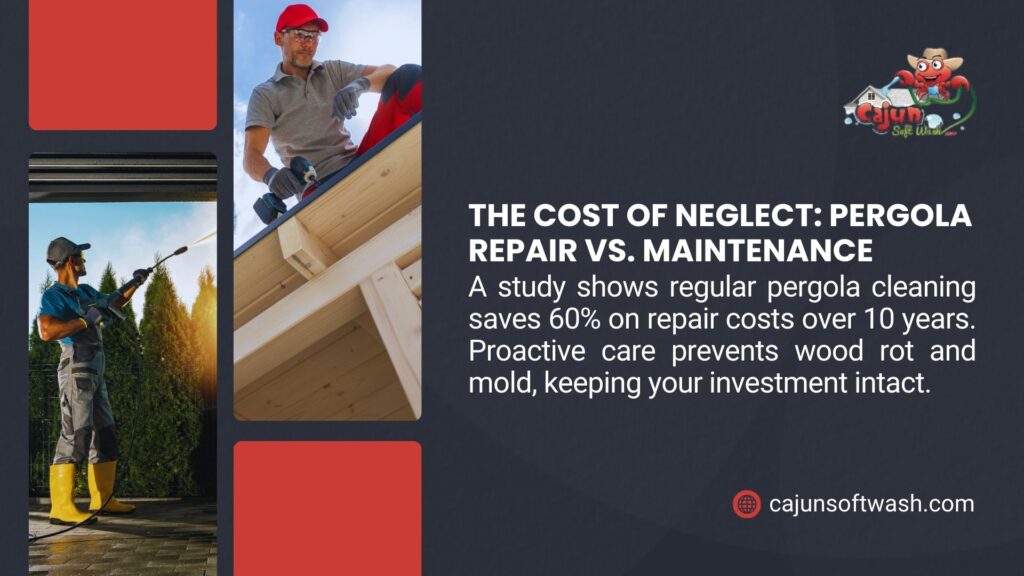
When to Clean Your Pergola (And Why Timing Matters)
Spring is when you’ll see the winter damage. This is your “oh crap” moment when you realize what happened while you weren’t paying attention. Dead leaves trapped in corners, possible water damage, maybe some new residents who definitely weren’t invited.
Summer maintenance is about staying ahead of problems. Quick cleanings when you notice issues prevent them from becoming expensive fixes later. Plus, who wants to eat dinner under a dirty pergola?
Fall is prep time. You’re getting ready for winter, which means dealing with any problems now before they get worse when the weather turns bad.
Winter varies depending on where you live, but at a minimum, you need to keep heavy snow and ice from accumulating where it can cause structural damage.
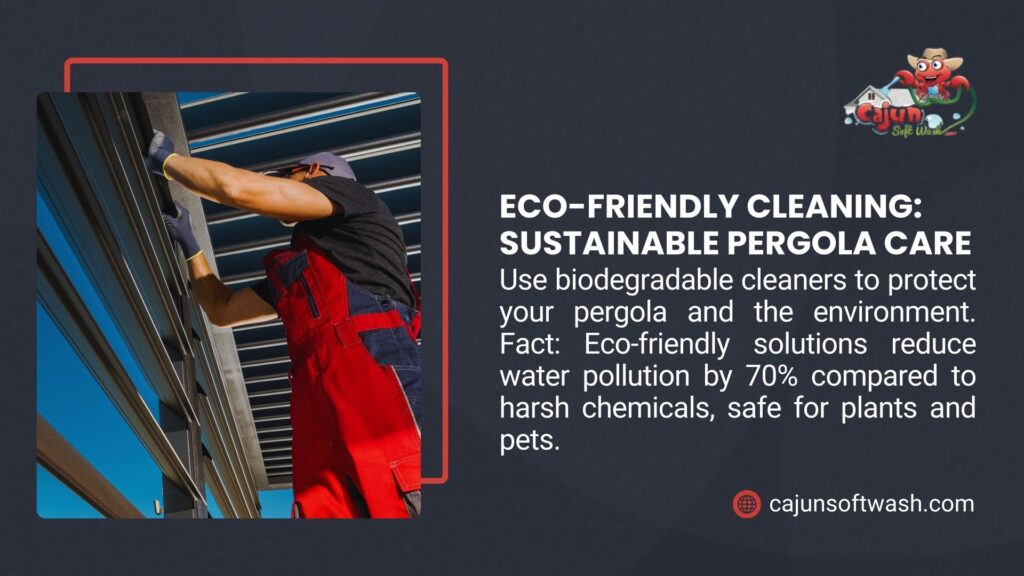
The Problems You’ll Face with Pergola Cleaning
Mold and mildew are actually eating your pergola. This stuff grows fast in the right conditions and spreads even faster. The green or black discoloration you’re seeing isn’t just surface deep. If you’re in a humid area or your pergola doesn’t get much sun, this will be your biggest headache.
Stains are tricky because different stains need different approaches. The red stains from rusty hardware need a different treatment than the white stains from hard water or the brown stains from organic matter. Using the wrong approach can make stains permanent or damage your pergola’s finish.
Weather damage often looks like just dirt at first glance. But what you might think is surface grime could actually be signs of deeper problems that need attention before they become structural issues.
DIY vs Calling Someone Who Knows What They’re Doing
Let’s be honest about what you can reasonably handle yourself.
- Regular maintenance cleaning? Sure, most people can manage that with basic equipment and some elbow grease.
- Simple stain removal on materials you understand? Probably fine if you test first and don’t rush.
Anything involving heights you’re not comfortable with, extensive mold growth (especially if anyone in your house has respiratory issues), or when you’re dealing with expensive materials you don’t want to risk damaging.
Professional services have the right equipment, insurance, and experience with different pergola materials. They can also spot problems you might miss until they become expensive repairs.
The DIY route works fine for routine stuff, but be realistic about your skill level and available time. A botched DIY cleaning job can cost way more than professional service would have.
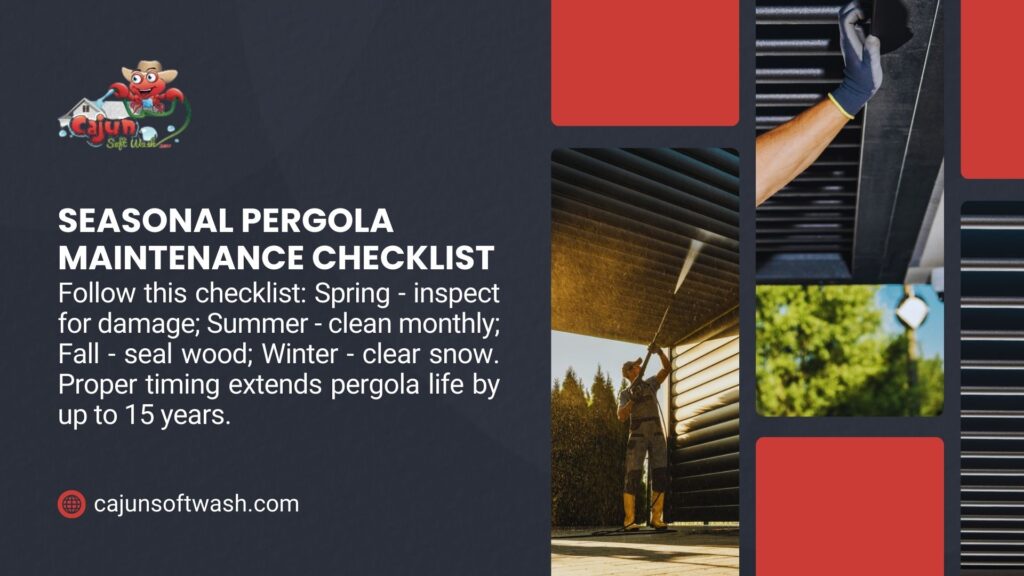
Don’t Let Your Pergola Turn Into an Expensive Problem
Your pergola should be an asset, not a liability. Proper pergola cleaning keeps it looking good and functioning properly for years. Cajun Soft Wash deals with Louisiana’s unique climate challenges every day – the humidity, the storms, the rapid growth of organic matter that seems to appear overnight.
We’ve seen what happens when pergola maintenance gets ignored, and it’s never pretty. The good news is that regular cleaning prevents most serious problems and keeps your outdoor space looking like something you actually want to spend time in.
Your pergola isn’t going to clean itself, and that stain isn’t going to disappear on its own. If you’re tired of looking at a dirty pergola or worried you might be in over your head, Cajun Soft Wash has been handling these exact problems for homeowners throughout Louisiana.
We know what works in this climate, we have the right equipment, and we can get your pergola back to looking like something you’re proud to show off.


